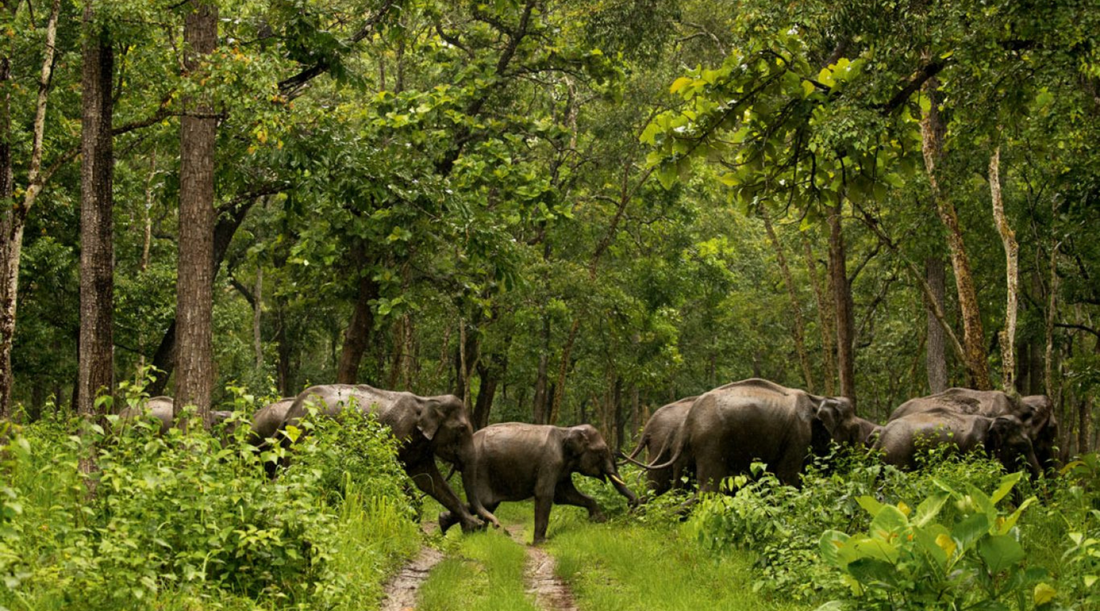As technology continues to advance, the world has become more interconnected than ever. This connectivity has allowed people to explore different corners of the planet and experience once-in-a-lifetime encounters with wildlife. However, as these interactions become more common, it is crucial that we approach them with a sense of responsibility and respect for the animals and their habitats.
The Importance of Ethical Wildlife Encounters
Wildlife encounters can be incredibly rewarding, providing people with a deeper appreciation for the natural world and the creatures that inhabit it. However, it is essential to remember that these animals are not here for our entertainment. They deserve to be treated with respect and care, free from any harm or disruption caused by human interaction.
Guidelines for Responsible Wildlife Interactions
When embarking on a wildlife encounter, there are several guidelines that should be followed to ensure the well-being of the animals and their environment:
Do Your Research
Before visiting a wildlife sanctuary or embarking on a safari, take the time to research the facility and its practices. Make sure that the organization prioritizes animal welfare and conservation efforts.
Respect the Animals’ Space
It is important to remember that you are a guest in the animals’ home. Keep a safe distance from wildlife and avoid approaching them too closely or trying to interact with them in any way.
Do Not Feed the Animals
Feeding wildlife can disrupt their natural behaviors and lead to dependency on humans for food. Avoid feeding animals and be mindful of any food or waste that may attract them unintentionally.
Observe Quietly and Respectfully
When observing wildlife, do so quietly and without causing any disturbance. Avoid making loud noises or sudden movements that could startle or stress the animals.
Support Conservation Efforts
Consider donating to reputable conservation organizations or volunteering your time to help protect wildlife and their habitats. By supporting conservation efforts, you can make a positive impact on the future of these animals.
The Impact of Unethical Wildlife Interactions
Unfortunately, not all wildlife encounters are conducted responsibly. Unethical practices, such as capturing animals for entertainment purposes or engaging in activities that put them at risk, can have detrimental effects on wildlife populations and their ecosystems.
By prioritizing ethical interactions with wildlife, we can help ensure that future generations will have the opportunity to appreciate these incredible creatures in their natural habitats. Through responsible behavior and support for conservation efforts, we can make a difference in the protection and preservation of our planet’s diverse wildlife.
Conclusion
As technology continues to bring us closer to the natural world, it is more important than ever to approach wildlife encounters with a sense of responsibility and respect. By following guidelines for ethical interactions and supporting conservation efforts, we can make a positive impact on the future of wildlife and their habitats. Let’s strive to be stewards of the environment and advocates for the well-being of all creatures that call our planet home.
